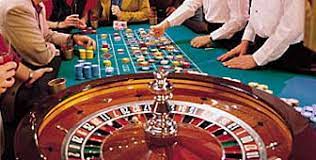Casinos have long been a staple of entertainment and excitement, attracting people with the promise of fortune and fun. From their early origins to the modern-day mega-resorts, DW77 have evolved significantly, both in terms of their offerings and their societal impact. This article explores the history, development, and influence of casinos on culture and economy.
The Origins of Casinos
The concept of gambling can be traced back to ancient civilizations. The earliest recorded gambling activities date back to the Chinese Han Dynasty (around 200 BC), where rudimentary games of chance were played. Similarly, evidence of gambling has been found in ancient Egyptian, Greek, and Roman cultures. However, the modern casino as we know it began to take shape in 17th-century Europe.
Early European Casinos
The first official gambling house, the Ridotto, was established in Venice, Italy, in 1638. It was a government-sanctioned venue where the wealthy could enjoy games of chance during the annual carnival season. The Ridotto set the precedent for the casino concept, providing a controlled environment for gambling activities.
In the 18th century, casinos began to spread across Europe, particularly in France and Germany. The establishment of Monte Carlo’s Casino de Monte-Carlo in 1863 marked a significant milestone. It became a symbol of luxury and glamour, attracting aristocrats and celebrities from across the continent.


